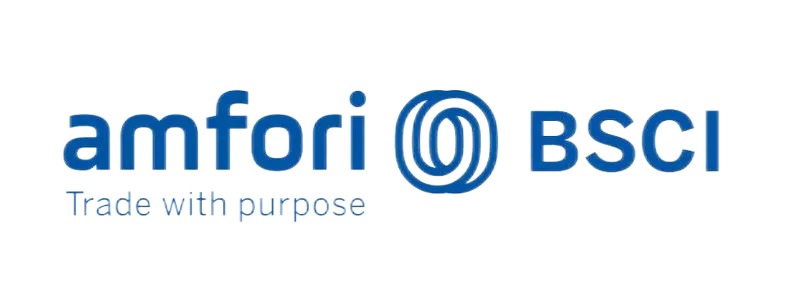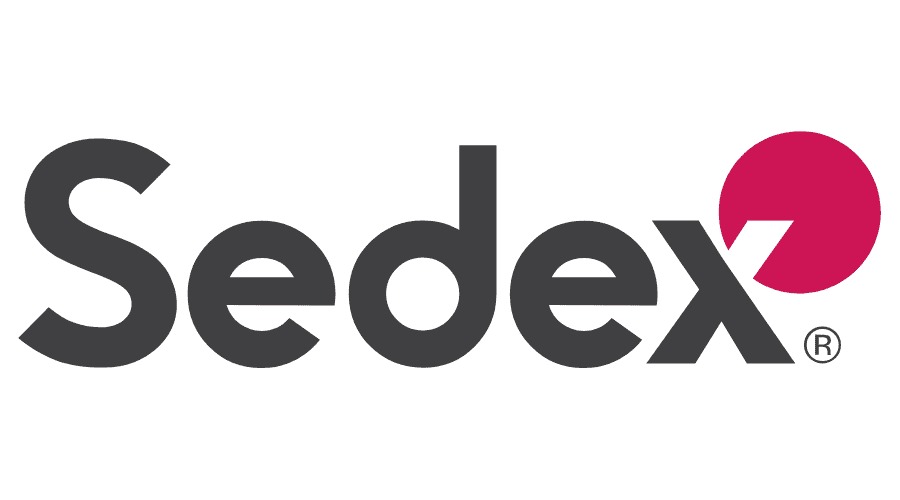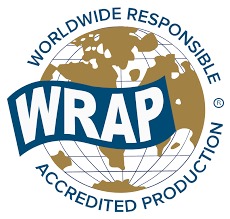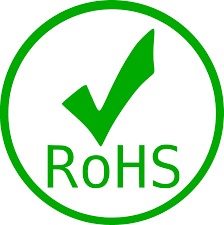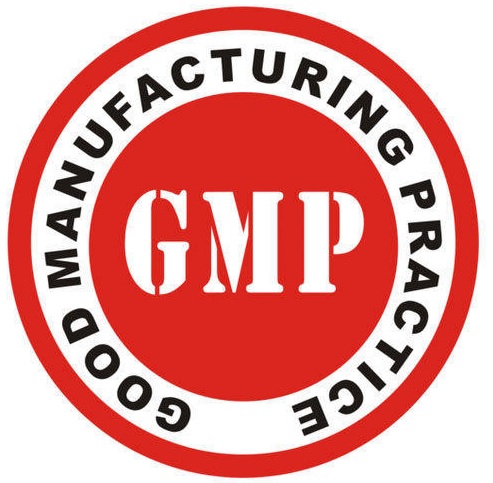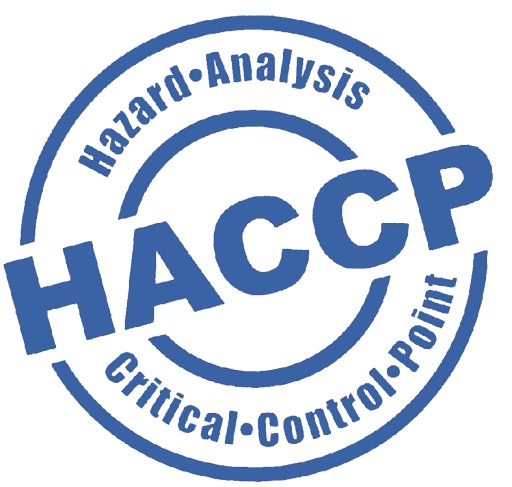BSCI (Business Social Compliance Initiative)
BSCI is a globally recognized standard focusing on social responsibility, ensuring fair wages, ethical labor practices, and worker rights protection.
Importance of BSCI Certification
- Ensures compliance with social responsibility standards.
- Demonstrates company values in social responsibility.
- Mitigates reputational risks associated with unethical labor practices.
- Promotes ethical sourcing and relationships with stakeholders.
Benefits of BSCI Certification
- Enhances your company's reputation.
- Builds trust with socially responsible consumers.
- Improves employee morale and workplace safety.
- Opens access to new markets.
